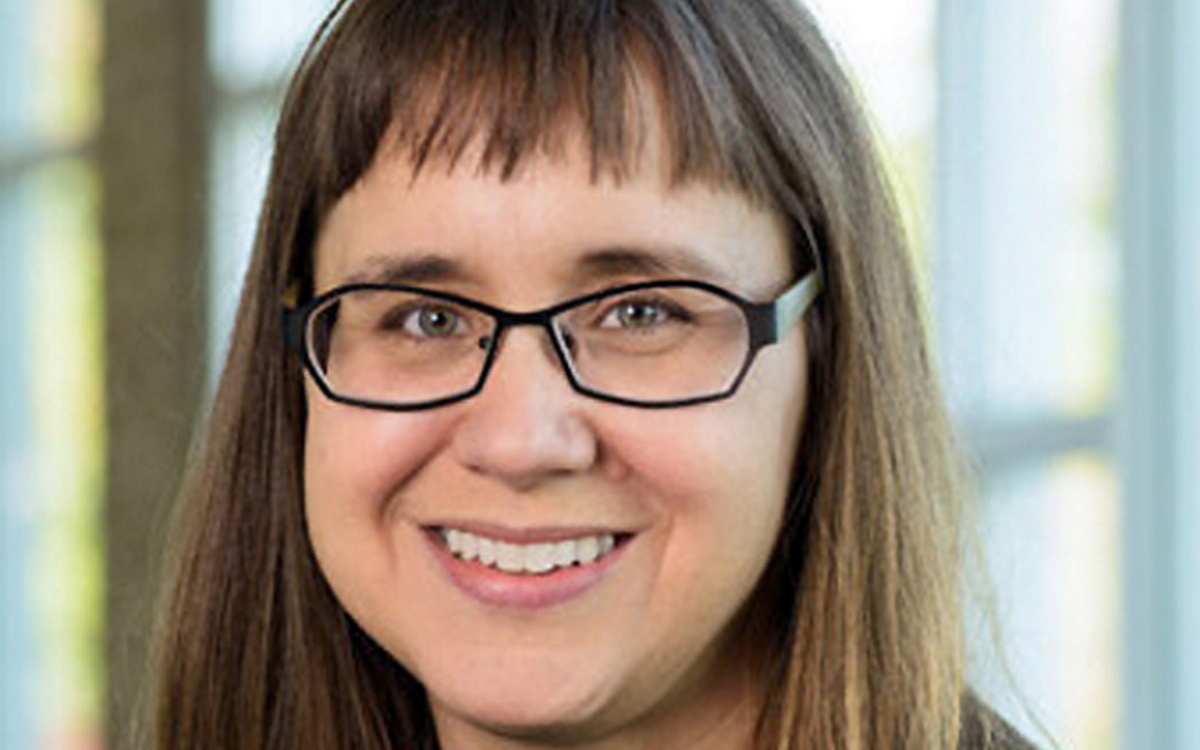
The library – as an idea, a place, and a cybernetic system – has always been an investment in, and a vision about, the future. Recently the National Library of Australia and the ANU School of Cybernetics conducted a thought experiment: If library indexing has informed the structure of search on the internet, how might the library inform new ways of connecting these large caches of information to generate meaning?
Custodians and Midwives is the outcome of their reimagining of the library as a cybernetic system – one that has produced and been produced by relationships between technological, ecological, and cultural forces.
In a discussion facilitated by the Director-General of the National Library of Australia, Dr Marie-Louise Ayres FAHA, Professor Alexandra Zafiroglu from the ANU School of Cybernetics will be examining the processes, structures, networks, and relationships that make a library and imagines how we might build AI-enabled systems to help generate meaning out of vast datasets.
This event is free to attend but bookings are essential.
For those unable to make it to Canberra for the panel discussion, it will be livestreamed online via the Library's Facebook page. No bookings are required to watch the online stream.
On the evening, for those who wish to meet for refreshments prior to the event, Bookplate cafe will remain open until the event starts at 6pm.
Cybernetic thinking for a new world is presented by the ANU School of Cybernetics in partnership with the National Library of Australia.
About Professor Alexandra Zafiroglu
Alexandra Zafiroglu is a Professor of Cybernetics at the School of Cybernetics at the Australian National University and a Fellow of the ANU Futures scheme. She has also authored multiple publications, presented at academic, regional and industry conferences and is a member of the American Anthropological Association and the Ethnographic Praxis in Industry Community. Currently, she is interested in the role that social scientists play in exercising ethics, accountability, and data rights in the deployment of commercial cyber-physical systems.
Cybernetic thinking for a new world
This series of cybernetic musings marks National Science Week 2022 and is co-presented by the ANU School of Cybernetics.
We can be deeply affected by the issues that seem beyond our control: the global pandemic, climate change, the cost of living and war. But we shape the future in this very moment – and what we do today is informed by many systems with multiple histories and interconnections.
Cybernetics first found form in the 1940 and 1950s as a response to the rapid expansions in computing technology following World War II, fusing maths, engineering, and philosophy with biology, psychology, anthropology and many other fields. From its inception, cybernetics was a generative intellectual wellspring, shaping everything from AI to critical systems theory computer-driven art and music, design thinking, and the internet.
The idea of cybernetics – of steering a technological object, and of the idea of humans in the loop, and of the environment in that same loop – is just as relevant today as it was 70 years ago, providing us with hopeful and actionable ways to imagine our futures.
Join us during National Science Week this August to discover how repurposing cybernetics for the 21st century might help us better understand our present moment in all its complexity, helping us think differently, ask critical questions, make meaningful change and shape the futures we want to see.